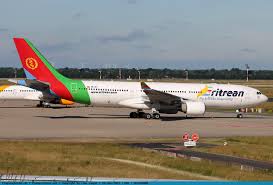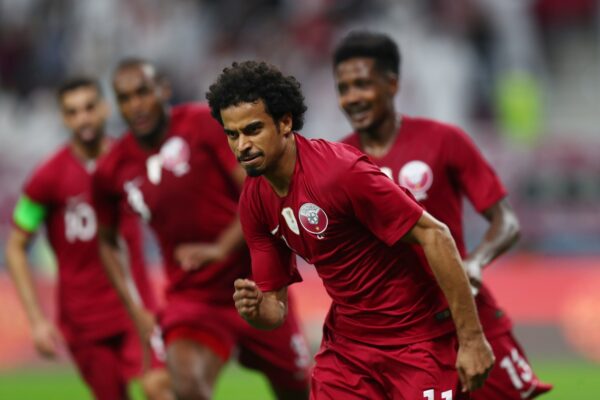Understanding Eritrea: A Glimpse into a Unique Nation

Introduction
Eritrea, an East African nation located on the Horn of Africa, has a rich history and cultural diversity that often goes unnoticed in global discussions. Known for its stunning landscapes and a blend of ethnic groups, Eritrea has been marred by conflict and struggles for independence, making it a significant subject of study in contemporary geopolitics.
Current State of Eritrea
After achieving independence from Ethiopia in 1993 following a lengthy armed struggle, Eritrea has faced numerous challenges, including economic difficulties, human rights concerns, and ongoing tensions with its neighbour. The government, led by President Isaias Afwerki since independence, has been criticised for its authoritarian rule and lack of political freedom. In recent years, however, there have been indications of a slight thaw in relations with Ethiopia, which some analysts suggest could herald a new era of cooperation. This was particularly evident when Eritrea and Ethiopia signed a peace agreement in 2018, ending a state of war that had persisted since the late 1990s.
Human Rights and International Relations
Despite the peace efforts, Eritrea remains under scrutiny for its human rights record. The country has been flagged by various human rights organisations for violations including forced conscription into national service, limitations on freedom of speech, and a lack of a functioning judiciary. Internationally, Eritrea’s relations remain complex. Humanitarian agencies, including the United Nations and various NGOs, have frequently called for improved conditions and access for aid, highlighting the plight of Eritrean refugees fleeing to neighbouring countries.
Economic Overview
The economy of Eritrea is significantly impacted by its isolationist policies and limited access to international markets. The major sectors contributing to its economy include agriculture, mining, and fisheries, but challenges such as drought and inefficiencies impede growth. The government is keen on developing its resources, particularly in mining, as evidence suggests potential in gold, copper, and other minerals, which could significantly boost the economy if properly managed.
Conclusion
In conclusion, Eritrea stands at a crossroads. It has the potential for growth and positive engagement with the international community, especially as it navigates its relationship with Ethiopia and seeks to improve its domestic situation. For readers and scholars, understanding Eritrea’s struggles, achievements, and potential provides essential insight into the complexities of East African geopolitics. Observers will be keen to see how internal dynamics alongside international pressure will influence the country’s future path toward stability and prosperity.
You may also like

Discovering the Beauty and Culture of Norway

The UKIP Party: Recent Developments and Future Outlook
